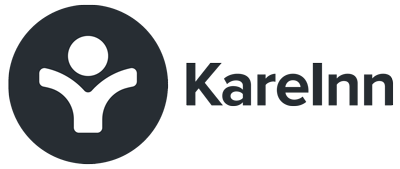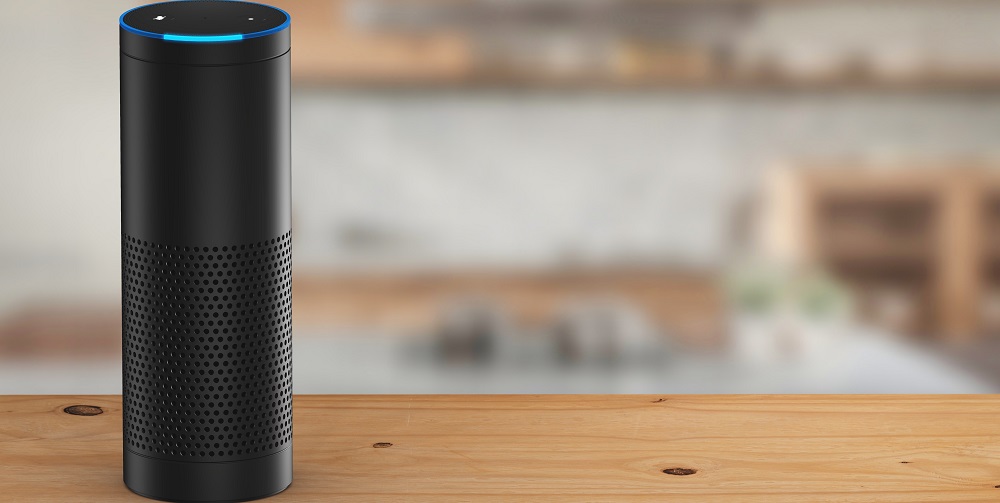Powerful Combination: Acoustic Monitoring combined with Digital Care Planning.
Through NHS backed collaborative research with partners Ally Care and Friends of the Elderly, KareInn’s Digital Care Planning System is proving to be the backbone that care homes rely on for the delivery of safer care.
Like any care setting, residential homes are always looking for safer ways of working that will improve outcomes for their residents. One area for improvement is how homes check on their residents at night.
The traditional approach is for care workers to go into residents’ rooms several times during the night to check up on their condition. Not only does this disturb residents’ sleep, but it also risks missing signs at other points during the night that might trigger concern and action if a care worker had observed them.
With support from an NHS Digital Pathfinder Grant, KareInn has been working on a collaboration with Ally acoustic monitoring to test the impact of the combined use of software and AI. The result is a new way for care homes to work at night, which relies on responding to alerts rather than interrupting residents’ while they sleep. The testing is being carried out with the help of Friends of the Elderly and is currently being rolled out across their homes.
How the integration works
This pilot project involved installing Ally’s wireless-enabled acoustic monitoring device in residents’ rooms with their explicit consent. The AI capability powering this device filters out background noise unrelated to the resident’s activity, works out the resident’s activity profile based on sounds they make and then classifies and interprets sounds according to whether they are normal or abnormal for that resident. As a result, the device can identify night time events such as unusual movement or calling for help, and raise an alert to staff.
Data from the alerts identified by Ally are integrated with KareInn’s electronic care management system so that the information delivered to the care workers and emergency staff incorporates a 360-degree view of the resident. The information available includes all notes from care plans, vital statistics, contact tracing, food and water intake and any mood or behavioural changes.
KareInn is the central location for all recorded data and care planning about a resident and with its smart technology:
- Harnesses resident data and applies this data to other health and wellbeing trends, such as falls and vital signs;
- Delivers early intervention forecasts supported through predictive modelling technology (or guided clinical workflows);
- Creates dependency change notifications supported and personalised to individual profiles, with immediate access to additional health information.
With the Kareinn system, care workers record observations in real-time on mobile devices ensuring all critical information is always up-to-date.
The KareInn system, therefore, provides context to a nighttime alert, such as identifying possible reasons for why someone is getting up more than usual at night based on what happened during the day. This is particularly helpful when staff on the nighttime shift are different from those who cared for the resident during the day – reducing reliance on handovers.
With this intelligence, the KareInn system recommends actions to staff for responding to the alerts through its mobile and desktop interface.
Real-life impact
“Getting a call from a Friends of the Elderly Home in Malvern, about how our technology supported the night staff team to organise prompt emergency care, was one of those defining moments when you realise ‘yes, this is why we do, what we do.”
Rachelle Mills, CEO (KareInn) explains further,
“The technology alerted the night staff team to a resident who was in distress and allowed them to respond immediately and call for an ambulance. It was later learned that the resident had unfortunately suffered a cardiac arrest. I was delighted to hear about the resident’s full recovery, and how they were able to return to the home two days later. Our collaborative aims in working together with Ally and Friends of the Elderly were to improve resident wellbeing and to support care staff to do their job more easily and effectively. To have contributed to this real-life impact is the point and why we do what we do at KareInn.”
Success in numbers
Between launch in September 2019 and June 2020, the three care homes participating in the pilot have experienced a 55% reduction in night time falls and a 20% reduction in hospital admissions. This is at the same time as a 75% reduction in the number of physical night time checks conducted by staff, which frees up their time to spend on other care planning activities.
Looking ahead
The plan is to launch in 5 further Friends of the Elderly homes by the end of 2020, meaning that the technology integration will actively support 320 residents.
The project scope has also expanded in the context of COVID-19 to cover daytime monitoring. Ally’s AI technology now automatically tracks coughing fits to help identify symptomatic residents early. This enables staff to safely isolate residents as appropriate and reduce the risk of transmission in the home. Where residents are isolating, staff can avoid unnecessary contact by using the acoustic monitoring solution during the day.
If you would like to Register for a Demo to experience the KareInn System first hand, please contact us on hello@kareinn.com or click here.



